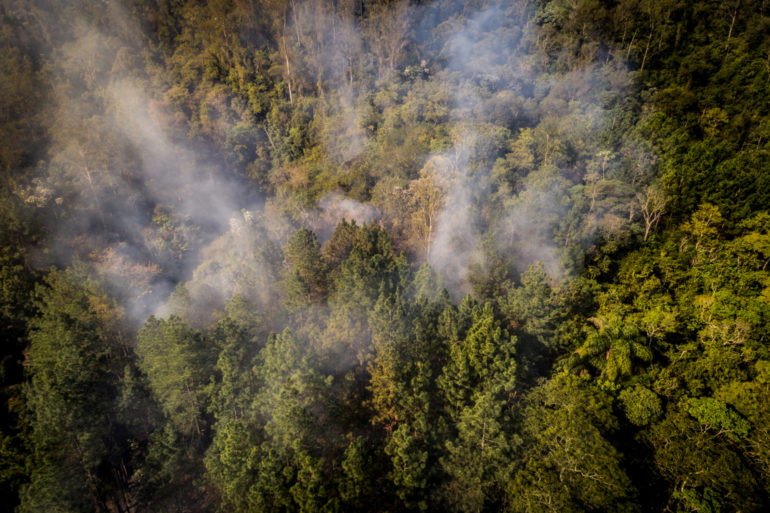A joint undercover investigation by CORRECTIV and Frontal21 recently revealed the reach of the Heartland Institute in spreading disinformation on climate change in Germany. The Amazon endured the most intense fire season in almost a decade and an unpublished study found that 20% of the Amazon rainforest is emitting more carbon dioxide than it absorbs. 2019 was Australia’s hottest, driest year on record, contributing to a months-long bushfire crisis with devastating effects on people and half a billion animals. These are the visible effects of climate change, and the latest calls to action to solve what often feels like an insurmountable problem. But it’s time to focus on how the problem can be solved by highlighting the solutions.
As a professor, I’m constantly talking with DePaul college students who feel both desperate to find fixes and overwhelmed by the problem’s scale. They are keenly aware that individual action alone is not sufficient to solve our problem with emissions, and find the increasingly loud voices of climate change deniers disheartening.
Yet there is hope to be had.
Having worked in the Amazon on alternatives to deforestation (a contributing factor to climate change) for over a decade, I find inspiration and energy in the work of the many communities, non-profits, and individuals who have dedicated their lives to local change. Too often, this work flies under the radar. That needs to change.
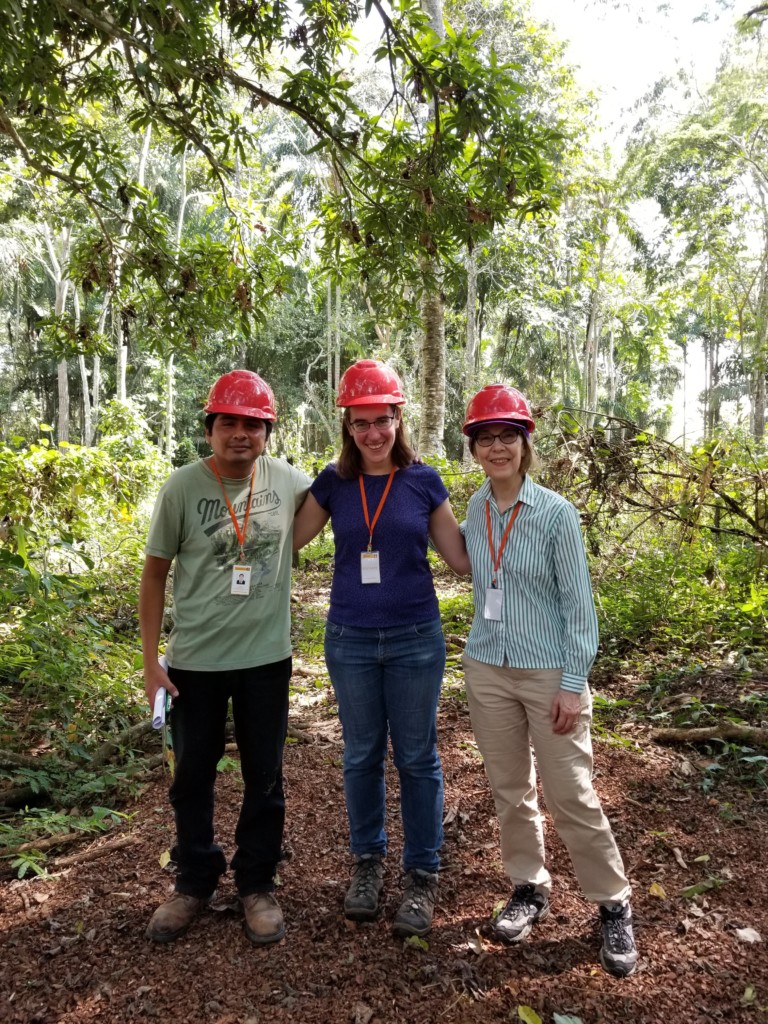
Take, for instance, Peru’s Association for Investigation and Integral Development (AIDER), which received the 2019 National Environmental Prize for their work strengthening community forest management and sustainable production chains (i.e. cacao) to promote Amazon conservation and forest maintenance via management. Or Candela, that helps conserve forests for Brazil nut production by strengthening the economic value chain and connecting producers to international markets where consumers pay a premium for the biodiversity conservation associated with the products. These two examples are solutions that work with the market, bringing value and opportunity to producers while also conserving forests. Another organization, The Center for Amazonian Scientific Innovation (CINCIA) is a leader in Amazonian forest restoration following mining. Perhaps the remote location of these organizations explains the lack of attention focused on their efforts. Or a bias toward coverage of environmental disasters, like the floods following the droughts in Australia, may drive headlines since research indicates that bad news sells.
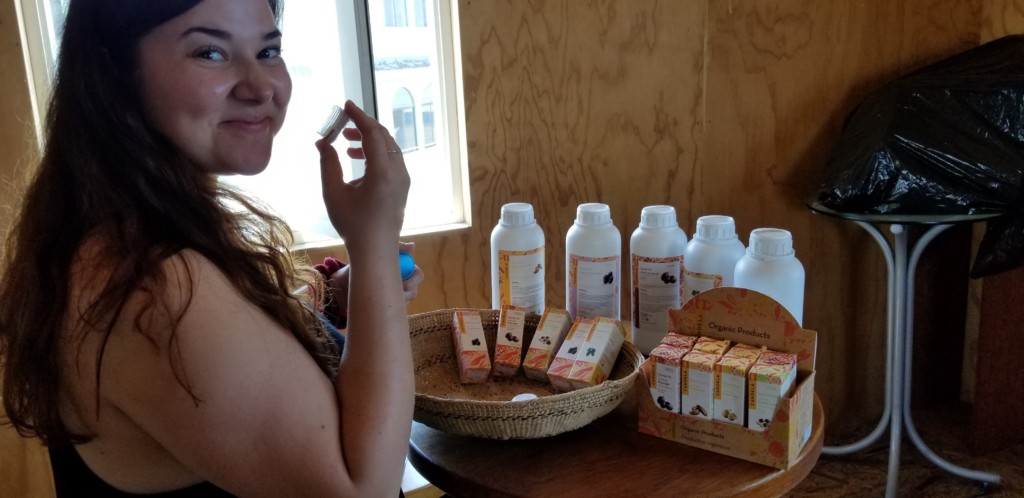
But bad news is not as effective at promoting action as is identifying tangible ways that individuals can act. Highlighting successes is an opportunity to increase awareness of solutions, share knowledge and best practices, and connect individuals with opportunities to support climate efforts with time and money. And there are local opportunities for both connection and investment.
Neither individual investments nor small-scale successful projects are substitutes for the federal-level policy changes like a tax on carbon likely required to move societies away from their dependence on fossil fuels. Nor do they reduce our personal responsibility to change our actions by limiting individual consumption, switching to more sustainable transportation options (i.e. walking, bikes, and electric vehicles), and reducing the waste inherent in our to-go society, among other necessary actions.
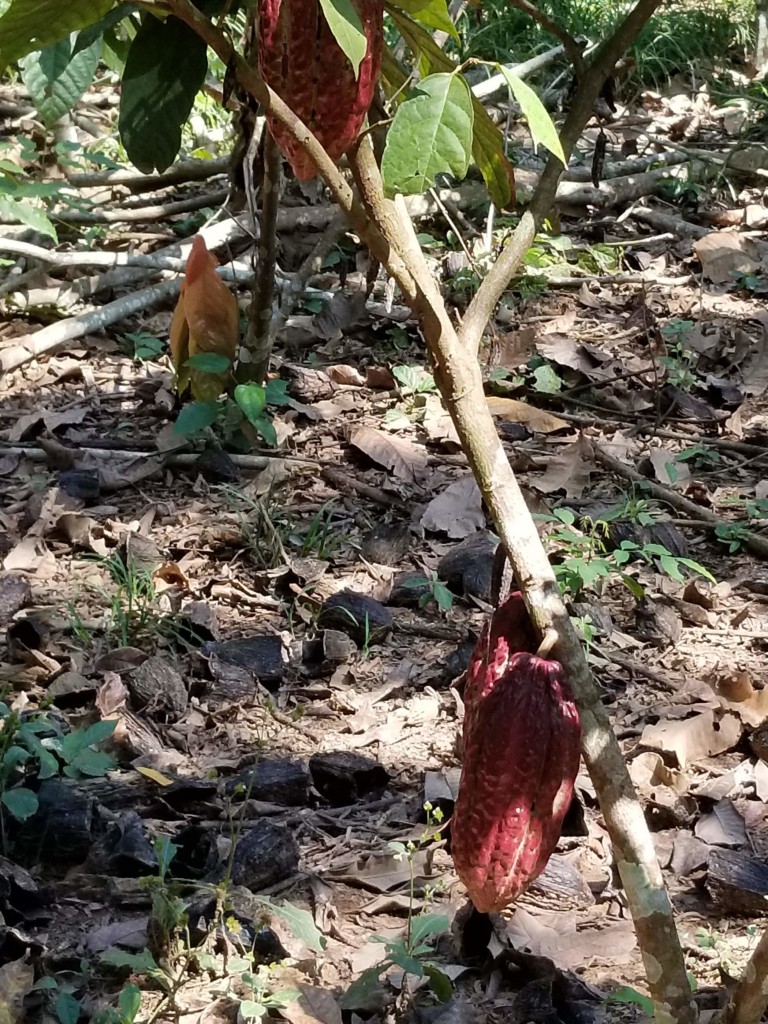
But increased visibility serves at least two important functions. First, it better illustrates the quantity of people engaged in action. This helps strengthen the community of voices that are essential for moving intent into climate action and policy nationally and globally, joining new voices like Greta Thunberg, named Time’s 2019 person of the year, and other youth climate activists.
Second, it can facilitate financial support to enable the good, and often underfunded, work that is essential to slow the warming of the Earth as we work toward national and international policies, and helps reduce future impacts in places like Australia where annual mean temperature has increased faster than the global average (+1.1°Celcius vs. 0.6°Celcius globally in 2018, and +1.52°Celcius in 2019). These temperature increases were a contributing factor in Australia’s record-setting bushfires.
Since greenhouse gas emissions are a global bad, emissions anywhere contribute to the problem. However, reducing emissions anywhere can help. Not knowing where to invest is no longer a viable excuse. Vox recently published a list of “high-impact, cost-effective, evidence-based organizations” fighting climate change. Faith-based organizations like Catholic Relief Services are working to “provide concrete ways for the rural poor to adapt to climate change”. There are over 40 state affiliates of Interfaith Power & Light, an organization that began with the Episcopal church, but now “mobilizes people of faith and conscience to take bold and just action on climate change”.
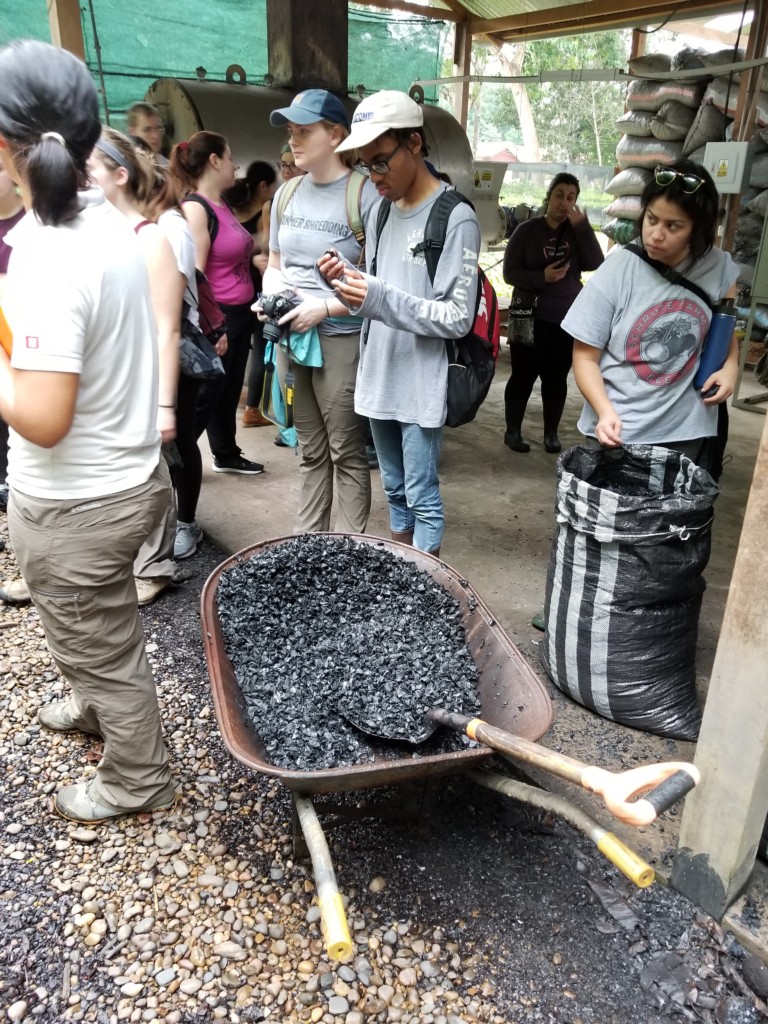
Global “megacities” (C40) are collaborating in their commitment to addressing climate change and there are many opportunities to contribute to these efforts. Many smaller towns are also engaged in climate change mitigation, including Chicago. Anyone can visit the Steering Committee to Strengthen Climate Action website and sign up to get involved. Go Green Illinois has 22 chapters in Illinois collaborating on “addressing environmental challenges across municipal boundaries.”
As a scientist, I’m trained to share my research results, but perhaps I, and the larger scientific community, should also invest in sharing the stories that inspired us to this profession and the reasons that we continue in spite of the severity and global nature of the problems. These stories have the potential to connect us in our efforts to create solutions locally, regionally, nationally, and globally. And perhaps they will inspire new voices to join in these important efforts as well.
 Dr. Christie Klimas is an Associate Professor of Environmental Science & Studies at DePaul University who has spent over a decade working in the Brazilian Amazon on alternatives to deforestation. Dr. Klimas also does research on the environmental impact of purchases, is active in local efforts for climate action, and is a Public Voices Fellow with the OpEd Project.
Dr. Christie Klimas is an Associate Professor of Environmental Science & Studies at DePaul University who has spent over a decade working in the Brazilian Amazon on alternatives to deforestation. Dr. Klimas also does research on the environmental impact of purchases, is active in local efforts for climate action, and is a Public Voices Fellow with the OpEd Project.
